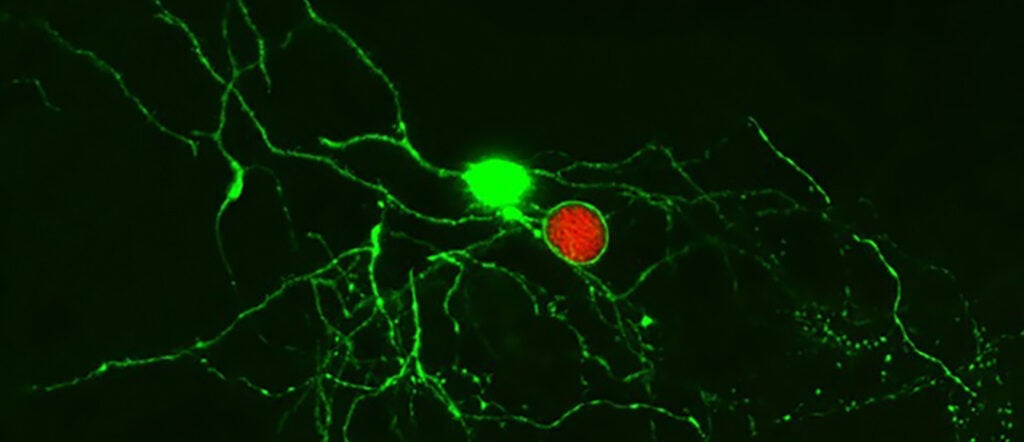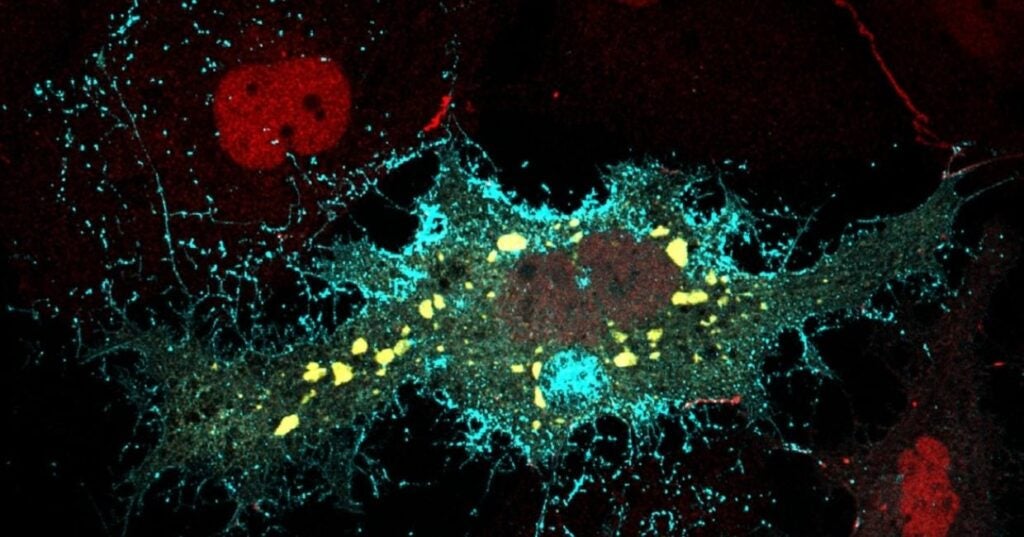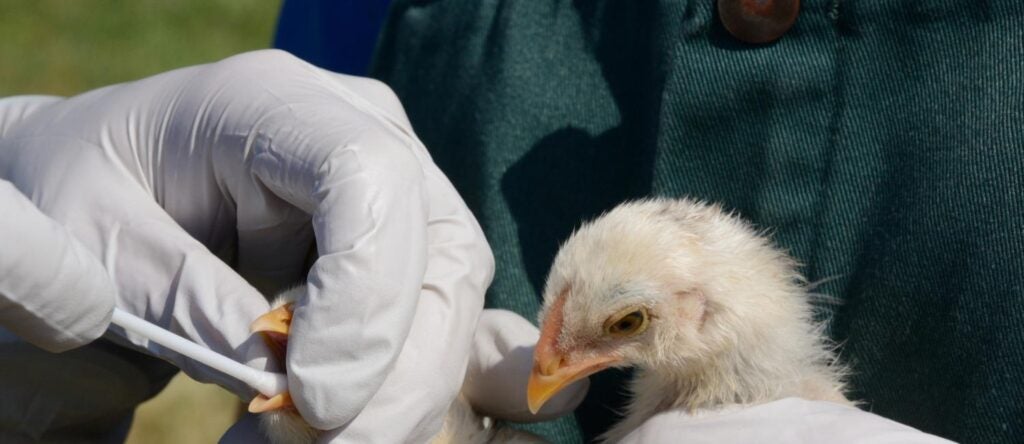Penn Today

Understanding the immune response to a persistent pathogen (link is external)
Penn Vet researchers show that the immune system can recognize and control the latent stage of the parasite Toxoplasma gondii, a finding that can inform the study of latency in…

Research on key host pathways has implications for Ebola and beyond (link is external)
Mortality rates from Ebola outbreaks can be as high as 90%, according to the Centers for Disease Control and Prevention, and 55 people died in the most recent outbreak in…

What to know about the current avian influenza outbreak (link is external)
Louise Moncla and Aliza Simeone of Penn Vet and Kathleen Hall Jamieson of the Annenberg Public Policy Center share helpful information for the public.

A hopeful time for Cryptosporidium research (link is external)
Boris Striepen of Penn Vet organized the First Biennial Cryptosporidium Meeting, bringing together researchers and clinicians from around the world to discuss the problems and progress around the parasite and…

Uncovering the role of skin microbiome and immune response in cutaneous leishmaniasis (link is external)
Two new studies led by Phillip Scott of the School of Veterinary Medicine and Elizabeth Grice of the Perelman School of Medicine demonstrate how bacteria found in leishmaniasis skin lesions…

Study shows promise for iNKT cell platform to treat cancer (link is external)
Researchers from the School of Veterinary Medicine and Perelman School of Medicine have shown that invariant natural killer T cells from a healthy donor can persist in MHC-mismatched canines, demonstrating…

Harnessing an innate protection against Ebola (link is external)
In their evolutionary battle for survival, viruses have developed strategies to spark and perpetuate infection. Once inside a host cell, the Ebola virus, for example, hijacks molecular pathways to replicate…
